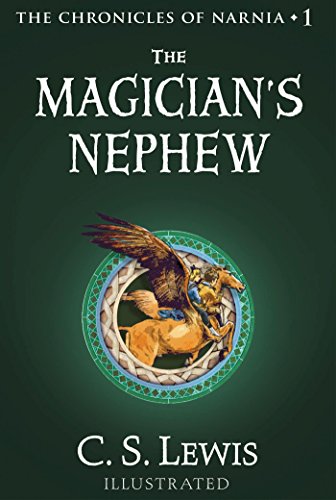By Stephen Windwalker Editor of Kindle Nation Daily ©Kindle Nation Daily 2010
Related post: SUMMER 2010 KINDLE NATION SURVEY Results: Kindle Inspires Avid Readers to Read Even More; Are Music, Video, Audiobooks, and Games Next?
Related post: SUMMER 2010 KINDLE NATION CITIZEN SURVEY RAW DATA – LINKS TO ANSWERS AND INDIVIDUAL COMMENTS FOR EACH QUESTION
It should come as no surprise that Kindle owners love the Kindle Store and make it their e-bookstore of choice. 68% of the respondents in our recent Summer 2010 Kindle Nation Citizen Survey buy over 90% of their ebooks there, and 86% purchase between 75% or more of their ebooks from the Kindle Store.
But, perhaps more significantly, among the 257 respondents who own both a Kindle and an Apple iPad, the relative popularity of the Kindle Store came out even better. 87.2% of those respondents get 75% of their ebooks from the Kindle Store, and only 1% said they get half or more of their ebooks from the iBooks Store.
Why does the Kindle Store have such an advantage?
Among the 257 respondents who own both a Kindle and an iPad, 83.4% said that the “number and selection of total ebook titles offered by an ebook store” either “influences me significantly” or is “absolutely essential.” In sheer numbers, by all accounts, the Kindle catalog of about 700,000 titles gives Amazon somewhere in the ballpark of a 10:1 advantage over the number of titles offered by Apple’s iBooks Store.
Of those 257 dually equipped respondents, 161 said they read ebooks on their iPads “occasionally,” “frequently,” or “all the time.” Among these 161 respondents, the Kindle Store had almost as great an advantage over the iBooks Store, with 85.1% getting at least 75% of their ebooks from the Kindle Store and 1.2% getting half or more their books from the iBooks Store.
Among all 1,968 survey respondents, the following factors were checked with greatest frequency under “influences me significantly” or is “absolutely essential” with respect to “where you shop for ebook content:”
- The convenience of being able to purchase and download ebooks wirelessly in a few seconds – 90%
- Your confidence that your account and payment information will be securely maintained – 90%
- An ebook store’s capacity to consistently offer the lowest prices – 83%
- Number and selection of total ebook titles offered by an ebook store – 75%
- The convenience of having a personal digital library consisting primarily of titles on a single ebook platform – 75%
- The familiarity and comfort of having shopped in the same online retail environment for print books in the past – 68%
- The ability to read ebooks on a range of different devices including a Kindle, iPad, iPhone, Android, BlackBerry, or computer, whether or not I own a Kindle – 45%
- Number of backlist or contemporary classic titles offered by an ebook store – 42%
- Number of public domain titles offered by an ebook store – 38%
- Number of New York Times bestsellers offered by an ebook store – 29%
(Please support our survey results sponsor: Fallen Walls and Fallen Towers: The Fate of the Nation in a Global World)
This book discusses how to make sense of the international catastrophes and transitions of the past two decades – including the fall of the Berlin Wall, the events of September 11, 2001, and other body blows to the nation and to political order. September 11 and crises like it are matters that grab all of our hearts. Adrienne Redd was a mom (and sociology professor) when the events of September 11, 2001 transpired. That day led her on a seven-year journey to make sense of changing political order and earn a doctoral degree. She has a down-to-earth approach to political scholarship. How are global events eroding and pressuring traditional political institutions, such as the nation? Her book offers an affirmative rather than doomsday picture of how the public and our leaders need to re-think how the world is organized at the highest levels. Fallen Walls and Fallen Towers describes in entertaining terms how the nation was conceived about 350 years ago, how it grew to meet the needs of the industrial age, how it is being threatened by several trends of globalization, and how ordinary people and leaders really can influence its survival by how they think and talk about national government. In what ways do people have to reconsider fundamental concepts like boundaries and sovereignty in order to foster future social stability? Adrienne Redd’s research into the writing of sixteen leading writers about globalization provides a unique database from which she develops a startling new view of sovereignty, not phased out, but instead reimagined, retuned, and reinvigorated.













